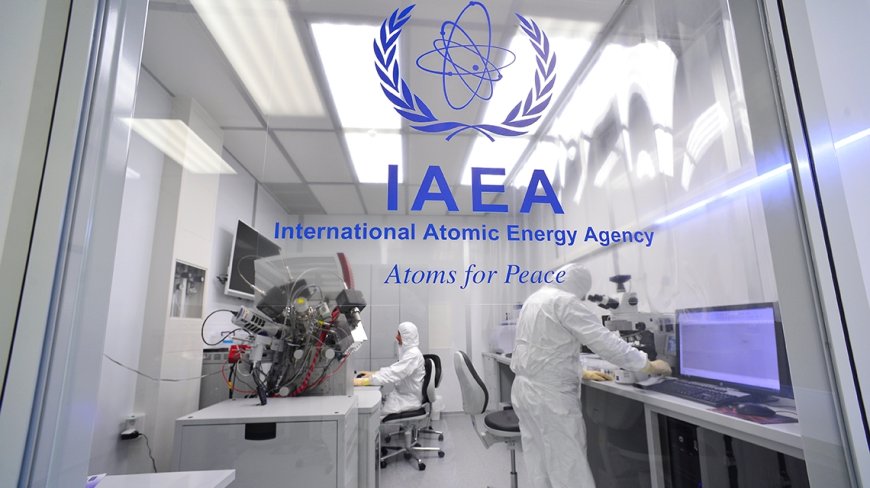IAEA complex game

by Amir Ali Yaganeh
In recent days, the quarterly meeting of the International Atomic Energy Agency was held in Vienna. This meeting took place amidst the recent media attention towards Iran from Western countries. Leading up to the meeting, there were rumors of an anti-Iranian resolution being proposed. As anticipated, the resolution against Iran's nuclear activities was passed during the meeting, with the proposal coming from the European troika (Germany, France, England).[1] The resolution was approved by the Council of Governors, receiving positive votes from 20 countries, while China and Russia voted against it, and 12 countries abstained. The timing of this resolution, coinciding with Iran's internal situation and the broader conditions in the West Asian region, suggests a coordinated effort by Western countries against Iran.
Creating a Hostile Atmosphere Towards Iran While also Conducting Early Election in Tehran
It is an undeniable fact that Iran's economy is still closely tied to international issues, and news from Western media can impact Iran's daily economic indicators in the short term.[2] With the approval of this anti-Iranian resolution, the dualism of resistance and compromise will once again be a topic in Iran's election contests. Western countries may use this issue within the framework of the maximum pressure program to try to influence Iran's behavior. The history of the 2013 elections could repeat itself, with Iran's international cases taking precedence over domestic issues and determining the outcome of the people's elections.
US pressure on Iran to expedite the deal
Another important issue for the US government is to showcase foreign policy successes to American voters ahead of the November elections. Past US elections have demonstrated that candidates with strong foreign policy achievements tend to have greater domestic approval. For months, Iran and the United States have been engaging in indirect negotiations in a third country. [3]However, these talks have been overshadowed by recent events in Palestine and the actions of the Zionist regime, which have led to violence and unrest. The recent actions of the International Atomic Energy Agency could serve as a tool for the United States to pressure Iran into reaching a conclusion in the indirect negotiations swiftly. If successful, this agreement could be a significant win for the Biden administration to present to voters in the upcoming November elections.
Europe's entry into the grandees game
Another possibility to explain the recent expansion of the International Atomic Energy Agency could be the fact that the European Troika wants to play an independent role in Iran's nuclear case. Regarding indirect negotiations, Iran and the United States have been pursuing it for months, they have practically excluded European countries from the negotiation process, and this issue has a meaningful message for these Western countries and indicates the decline of the international power of the European troika, in this In order to restore their dignity, the framework of these three countries took collective action in the International Atomic Energy Agency, so that the United States once again turns a blind eye to the European Troika and these three actors once again regain their past role in Iran's nuclear case.
In general, it should be noted that the recent tension created by Western countries regarding Iran's nuclear program has once again escalated, despite a positive atmosphere that was established between Iran and the Atomic Energy Organization during a recent visit to Tehran. The pressure from Western governments on Iran to address alleged issues from past years has once again complicated the nuclear situation in Iran. This demonstrates a lack of commitment from European countries to resolve Iran's nuclear program, instead using pressure to assert Western power over Iran. It appears that Western countries are seeking additional security concessions from Iran through this pressure, even though Iran has fulfilled all obligations under the JCPOA. Iran remains steadfast in resisting these unconventional demands from Western countries, making the likelihood of obtaining extra concessions through pressure highly unlikely.













































